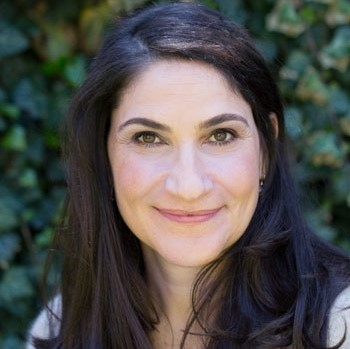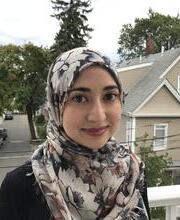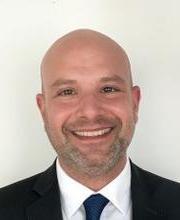Podcasting and the Islamic History Classroom
Episode 499
In this collaboration between the Harvard Islamica Podcast and the Ottoman History Podcast, we discuss the new series called "The Making of the Islamic World," using podcasts in the classroom, and engaging in public-facing history in the changing landscape of scholarship in the humanities. Chris Gratien shares his experiences as a long-time producer of public-facing scholarship through OHP and how he created and used the 10-part, multi-vocal series on "The Making of the Islamic World" to expose his students to diverse methods and perspectives on a millennium of Islamic history in his remote teaching amid the COVID-19 pandemic. Dana Sajdi, Associate Professor of History at Boston College, talks about her course on Ottoman history, "Podcasting the Ottomans," and the importance of of scholars adapting to the new realities of how the internet is changing the academic profession.
 | Click for RSS Feed | 
|

|
Contributor Bios
 |
Chris Gratien is Assistant Professor of History at University of Virginia, where he teaches classes on global environmental history and the Middle East. He is currently preparing a monograph about the environmental history of the Cilicia region of the former Ottoman Empire from the 1850s until the 1950s. |
 |
Dana Sajdi is Associate Professor of Middle Eastern History at Boston College. In addition to authoring The Barber of Damascus: Nouveau Literacy in the 18th Century Levant, she is editor of Ottoman Tulips, Ottoman Coffee: Leisure and Lifestyle in the Eighteenth Century (I.B. Tauris, 2008; in Turkish, Koc University Press, 2014).
|
 |
Meryum Kazmi is the Program Coordinator for the Alwaleed bin Talal Islamic Studies Program at Harvard University. Meryum has worked in various education nonprofits and taught Arabic grammar at the Fawakih Institute in Herndon, VA and the Qasid Arabic Institute in Amman, Jordan. She earned her BA in History at Georgetown University and AM in Near Eastern Languages and Civilizations at Harvard University.
|
 |
Harry Bastermajian is the Executive Director of the Prince Alwaleed Bin Talal Islamic Studies Program at Harvard University. Dr. Bastermajian earned his PhD in Islamic History and Civilization from the University of Chicago, as well as an AM in Islamic History and an AM in Middle Eastern Studies. He took his undergraduate degree, cum laude, in Economics and International Relations from Lake Forest College. His dissertation examined Armenian identity formation in nineteenth century Istanbul. His research interests include the role of the press in late modern Islamic empires, religious and ethnic minorities in the Muslim world, and inter-communal relations in the late Ottoman Empire. Prior to joining the Prince Alwaleed Islamic Studies Program, Dr. Bastermajian coordinated the Andrew W. Mellon Islamic Studies Initiative at the University of Chicago and was the graduate programs administrator at the Center for Middle Eastern Studies at Harvard.
|
Further Listening
 |
Dana Sajdi & BC Students | 312
4/26/17
|
Podcasting the Ottomans |
 |
Michael Talbot & U of Greenwich Students | 360
4/29/18
|
Podcasting the Ottomans II |
 |
Saadia Yacoob, Intisar Rabb, Joshua White, Fahad Bishara, Joel Blecher | 480
12/4/20
|
The Making of the Islamic World
|
 |
Nir Shafir | 400
2/2/19
|
Forging Islamic Science |
 |
Anahit Ghazaryan & Gohar Khachatrian | 426
9/9/19
|
Podcasting Feminism in Post-Revolution Armenia |
Credits
Episode No. 499
Release Date: 29 March 2021
Recording Location: Cambridge, MA / Charlottesville, VA
Music: "Moferubude" by Mello C; "We are Stardust" by Ketsa
Release Date: 29 March 2021
Recording Location: Cambridge, MA / Charlottesville, VA
Music: "Moferubude" by Mello C; "We are Stardust" by Ketsa
Sound production by Meryum Kazmi











Comments
Post a Comment
Due to an overwhelming amount of spam, we no longer read comments submitted to the blog.